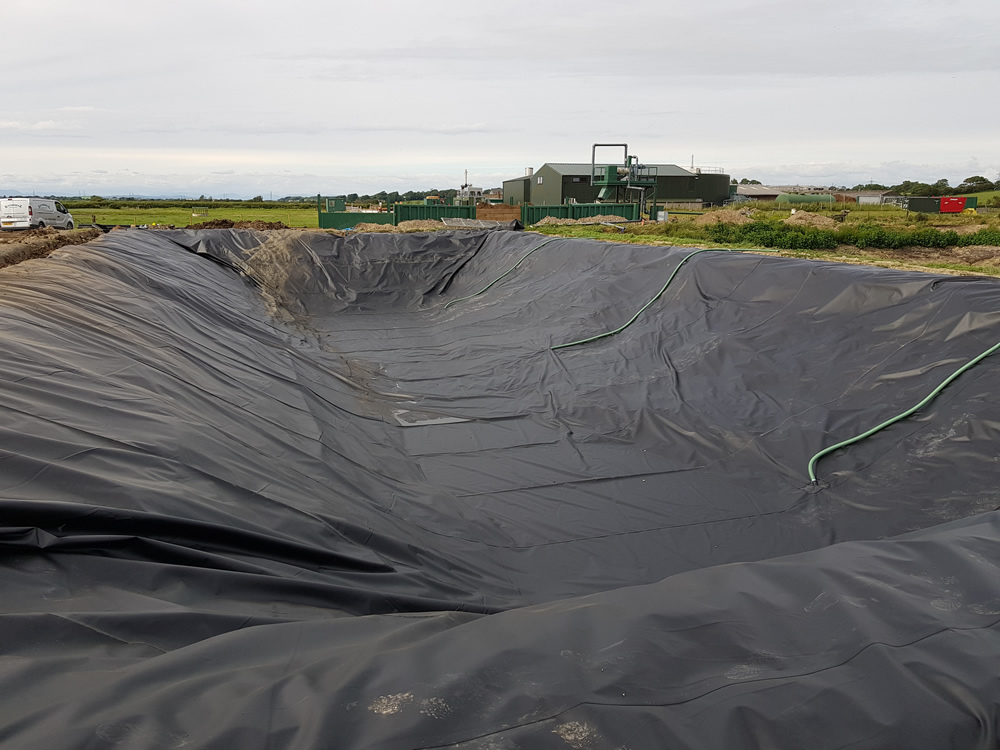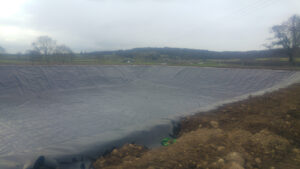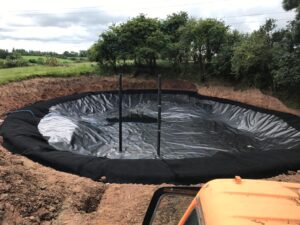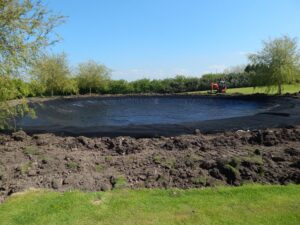In the realm of agricultural waste management, slurry lagoons play a crucial role in storing and processing byproducts such as manure and organic residues. However, the traditional approach to these lagoons poses challenges, including odor emissions, nutrient runoff, and methane production. Enter floating covers—a game-changing solution transforming slurry lagoons and offering multifaceted benefits.
Understanding Floating Covers
Floating covers, often made of impermeable materials like geomembranes, are deployed atop slurry lagoons to create a barrier between the stored waste and the external environment. These covers, buoyant on the lagoon surface, effectively seal the contents, providing a range of advantages.
Benefits Abound
1. Odor Mitigation:
One of the primary concerns with open slurry lagoons is the release of noxious odors. Floating covers act as a containment layer, significantly reducing odor emissions by preventing direct exposure to the air.
2. Methane Reduction:
Slurry lagoons can be sources of methane emissions due to anaerobic decomposition. Floating covers create an enclosed environment, promoting anaerobic conditions that reduce methane production, thus curbing greenhouse gas emissions.
3. Nutrient Preservation:
The cover acts as a barrier, minimising nutrient runoff and leaching. This containment helps preserve valuable nutrients within the slurry, which can then be utilised as a more concentrated and efficient fertiliser source.
4. Environmental Protection:
By reducing odor, methane, and nutrient runoff, floating covers contribute to preserving the surrounding ecosystem. They mitigate the impact of agricultural waste on water bodies and neighboring communities, fostering a more environmentally friendly approach.
5. Improved Safety:
Covering slurry lagoons enhances safety by preventing accidental spills or contamination events. This reduces risks to both farm workers and the environment.
Applications in Agriculture
1. Sustainable Waste Management:
Floating covers play a pivotal role in sustainable waste management by containing and controlling the decomposition of organic matter. This aids in better utilisation of nutrients and minimises adverse environmental effects.
2. Enhanced Fertiliser Quality:
Preserving nutrients within the slurry allows for the creation of more concentrated and potent fertilisers. Farmers can efficiently utilise these nutrient-rich byproducts to enhance soil fertility and crop yields.
3. Regulatory Compliance:
With increasing environmental regulations and sustainability mandates, adopting floating covers helps agricultural operations meet compliance standards, ensuring responsible waste management practices.
Conclusion
Floating covers represent a transformative solution in optimising slurry lagoon management in agriculture. Their diverse benefits—odor mitigation, methane reduction, nutrient preservation, environmental protection, and safety enhancement—underscore their importance in modern farming practices.
These covers not only address environmental concerns but also contribute to sustainable agriculture by improving waste utilisation, enhancing fertiliser quality, and aiding in regulatory adherence. As the agricultural sector seeks more sustainable and eco-friendly practices, the adoption of floating covers stands as a beacon of innovation. By embracing such technologies, farmers pave the way for a more efficient, environmentally conscious, and responsible approach to managing agricultural waste—an essential step toward a greener and more sustainable future.
To find out more about our products and services and how we can help you, please contact us using the below –
Tel: 01695 228626
Email: enquiries@enviroseal.co.uk





